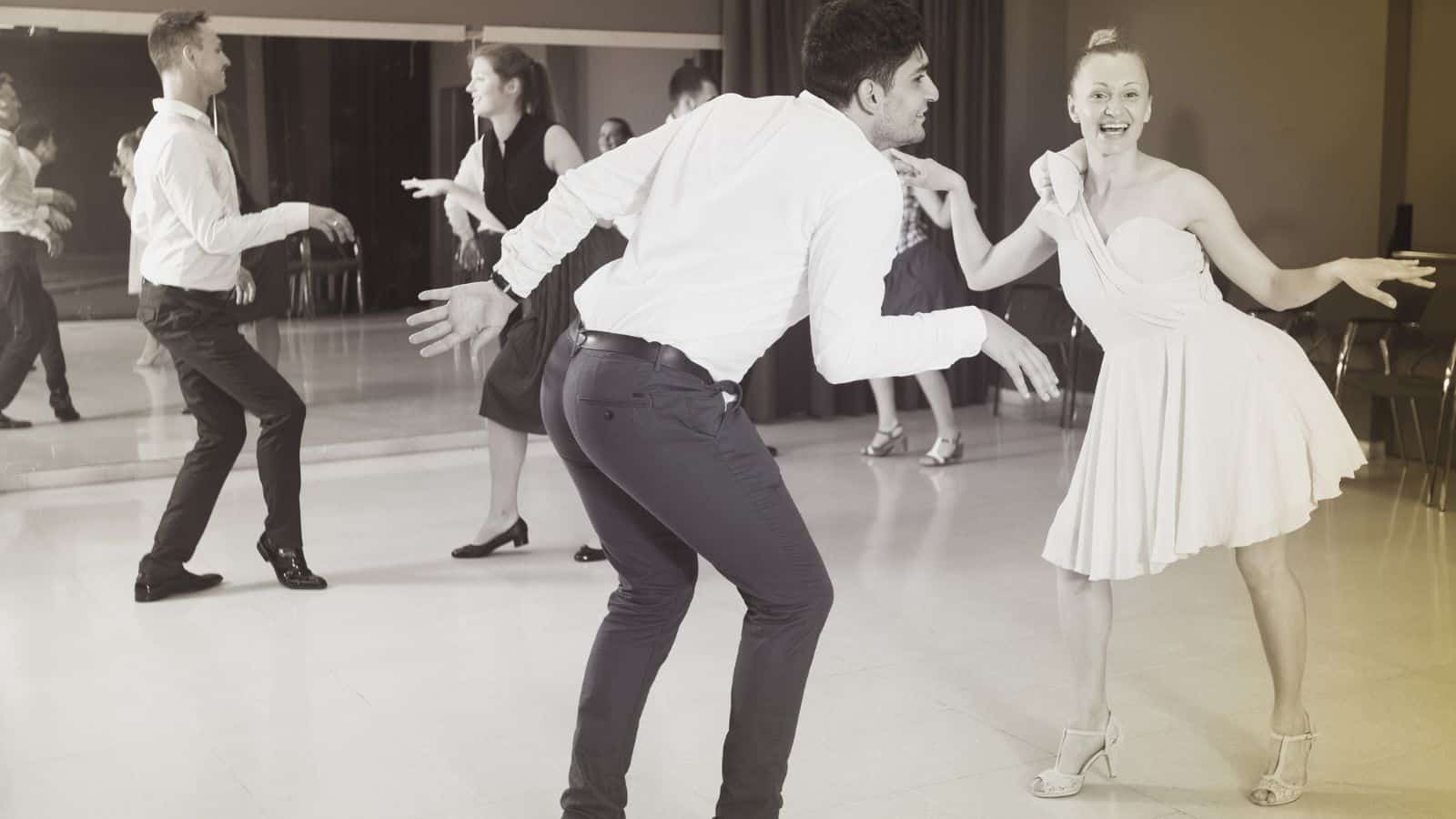The 1970s was a time of colorful language that Gen X still remembers fondly. These slang terms were part of everyday conversation, and they probably played a big part in making this decade so unique and fun. Let’s take a trip down memory lane with these 17 unforgettable 70s lingo.
Groovy

Maybe the most popular one on this list, this word was everywhere in the 70s. If something was cool or excellent, it was groovy, and Owlcation says people used it to describe music, clothes, or just about anything they liked. “That new song is so groovy!” It was the go-to word for expressing your approval and good vibes.
Far Out

When something was really impressive, it was far out. This phrase meant something was really amazing. “Did you see that concert last night? It was far out!” It often described experiences that were mind-blowing or beyond ordinary.
Bogue

On the other hand, if something was uncool or not good, it was bogue. This negative term was the complete opposite of groovy. “That party was totally bogue.” It could describe situations, people, or things that didn’t meet expectations or were just plain bad.
Psyche

If you wanted to say that you were just kidding, you’d say something, then yell, “Psyche!” to show you weren’t serious. “I got us tickets to the big game… psyche!” It was a fun way to trick friends and have a laugh.
Keep on Truckin’

This phrase meant to keep going or persevere, even when things got tough. “School’s hard, but keep on truckin’!” It was an encouragement to push through difficulties and stay positive. The phrase often came with a unique walking pose.
Boogie

To boogie meant to dance, especially to funk or disco music. “Let’s boogie down at the club tonight!” It captured the energetic, carefree spirit of 70s dance culture. People would use it as an invitation to hit the dance floor.
Catch You on the Flip Side

This phrase meant “see you later” or “goodbye.” It came from vinyl records, where you’d flip to the other side. “I gotta run, catch you on the flip side!” It was a cool way to end a conversation or leave a gathering.
Foxy

Calling someone foxy meant they were very attractive or sexy. “That guy is so foxy in his new jacket.” It was often used to describe someone who was not just good-looking, but you’d also think they were stylish and cool too.
Dig It

If you understood or liked something, you’d say “dig it.” It showed approval or agreement. “That new album is awesome. Dig it?” It was a versatile phrase that could be a question or a statement, depending on how you used it.
Heavy

When a situation was serious or intense, people called it heavy. “We need to talk. It’s pretty heavy.” It could describe emotional conversations, complex ideas, or challenging situations. It added weight to whatever was being discussed.
Lay a Rubber

This meant to accelerate quickly in a car, causing the tires to squeal. “Watch me lay a rubber when the light turns green!” It was all about showing off your car’s power and your driving skills, even if it wasn’t the safest move.
Book It

When you needed to leave quickly, you’d say, “Let’s book it!” It meant to hurry up or run away fast. “The cops are coming. Book it!” This very popular phrase could be used in any situation where speed was needed.
Can You Dig It

This question asked if someone understood or agreed with what was said. “I think we should go to the beach. Can you dig it?” It was a way to check in and make sure you made yourself clear, and everyone was on the same page.
What a Fry

When someone did or said something stupid, you might say “What a fry.” It was like calling them a space cadet or airhead. “He forgot his own birthday. What a fry!” It was a playful way to point out someone’s silliness.
Bippy

This nonsense word was used in phrases like “You bet your sweet bippy!” It didn’t mean anything specific but added emphasis. “Is the party still on? You bet your sweet bippy it is!” It was a fun, family-friendly way to stress a point.
Chrome Dome

This teasing term referred to a bald person. “Uncle Joe’s chrome dome is really shining today!” While it might seem a bit mean now, it was often used affectionately among friends. It highlighted the 70s’ more relaxed attitude about teasing.
Bump

To bump meant to loan someone money or to dance closely with someone. “Can you bump me five bucks?” or “Let’s bump on the dance floor!” The context would make it clear which meaning was intended. It was a handy, multipurpose word.
Up Next: 17 Things Most People Forget After Someone Dies

When a person dies, it’s easy for their partner or family members to overlook things while they process shock and grief. Despite the pain of losing a loved family member, it’s important to remember to organize these 17 things to prevent problems later on.
17 Things Most People Forget After Someone Dies
17 Phrases Confident People Use to Stand Up For Themselves

Confidence is a healthy and attractive trait that helps us stand firm in our values and set healthy boundaries. We can always become more confident, and learning the right ways to stand up for yourself is a great way to start. Here are 17 phrases you can use to do so.
17 Phrases Confident People Use to Stand Up For Themselves
20 Signs Someone Is Only Pretending to Care

Whether it’s to avoid hurting your feelings or if it’s part of a more elaborate plan to deceive you for benefits, people pretend for many reasons. The main theme with them, though, is that their actions never match the sugar-coated words that come out of their mouths. So that you don’t fall for someone like this, we’ve compiled 20 signs for you to look out for.
